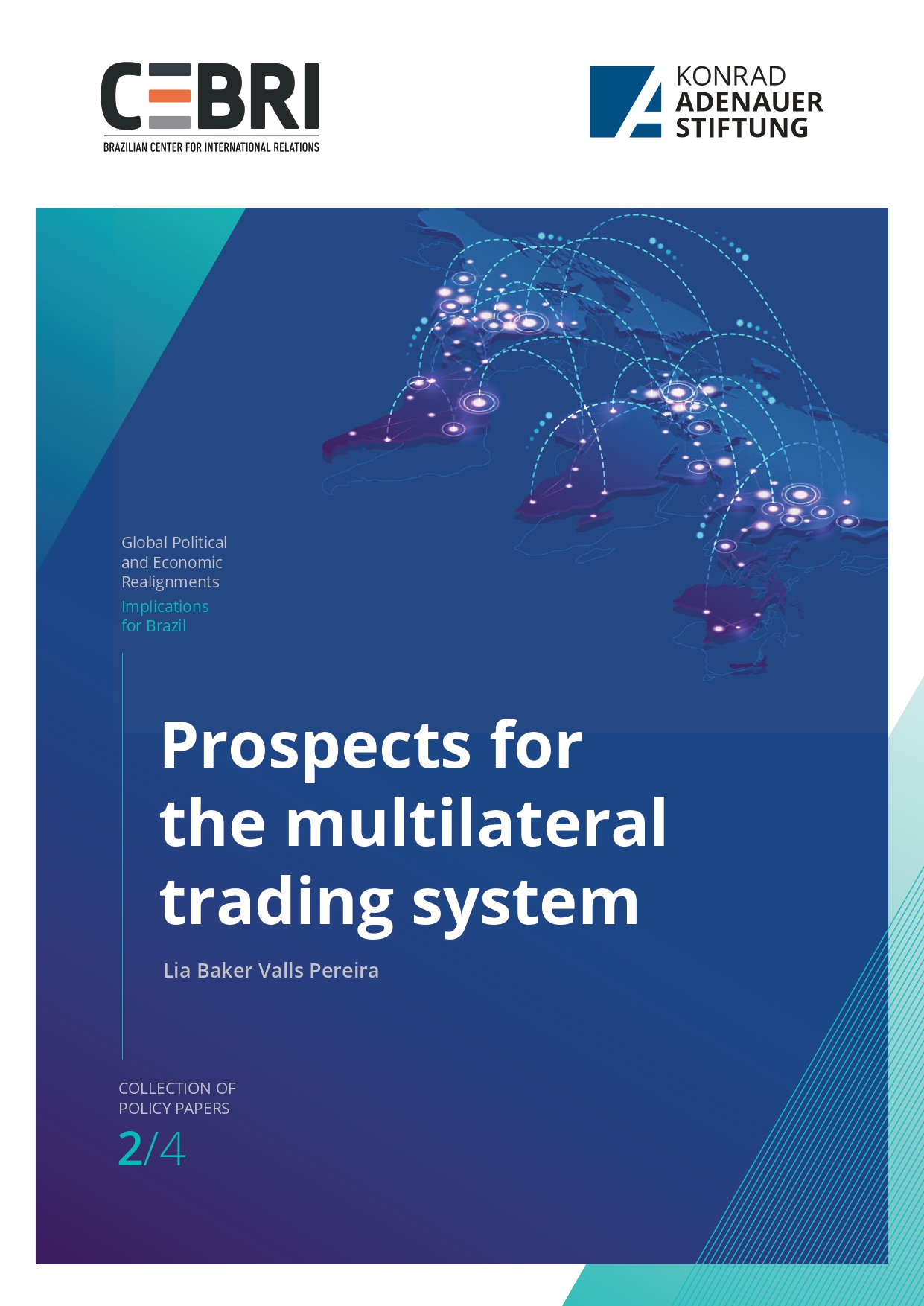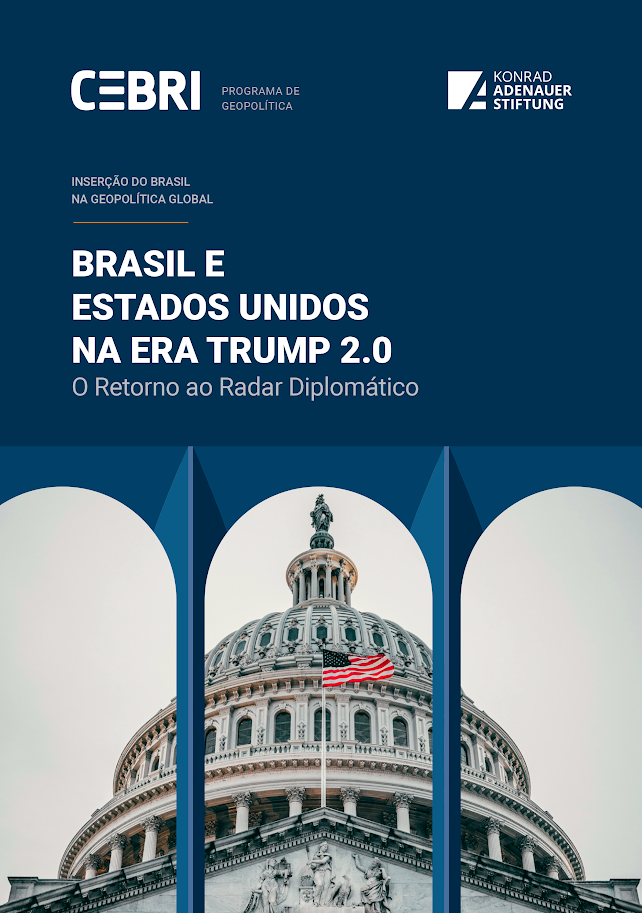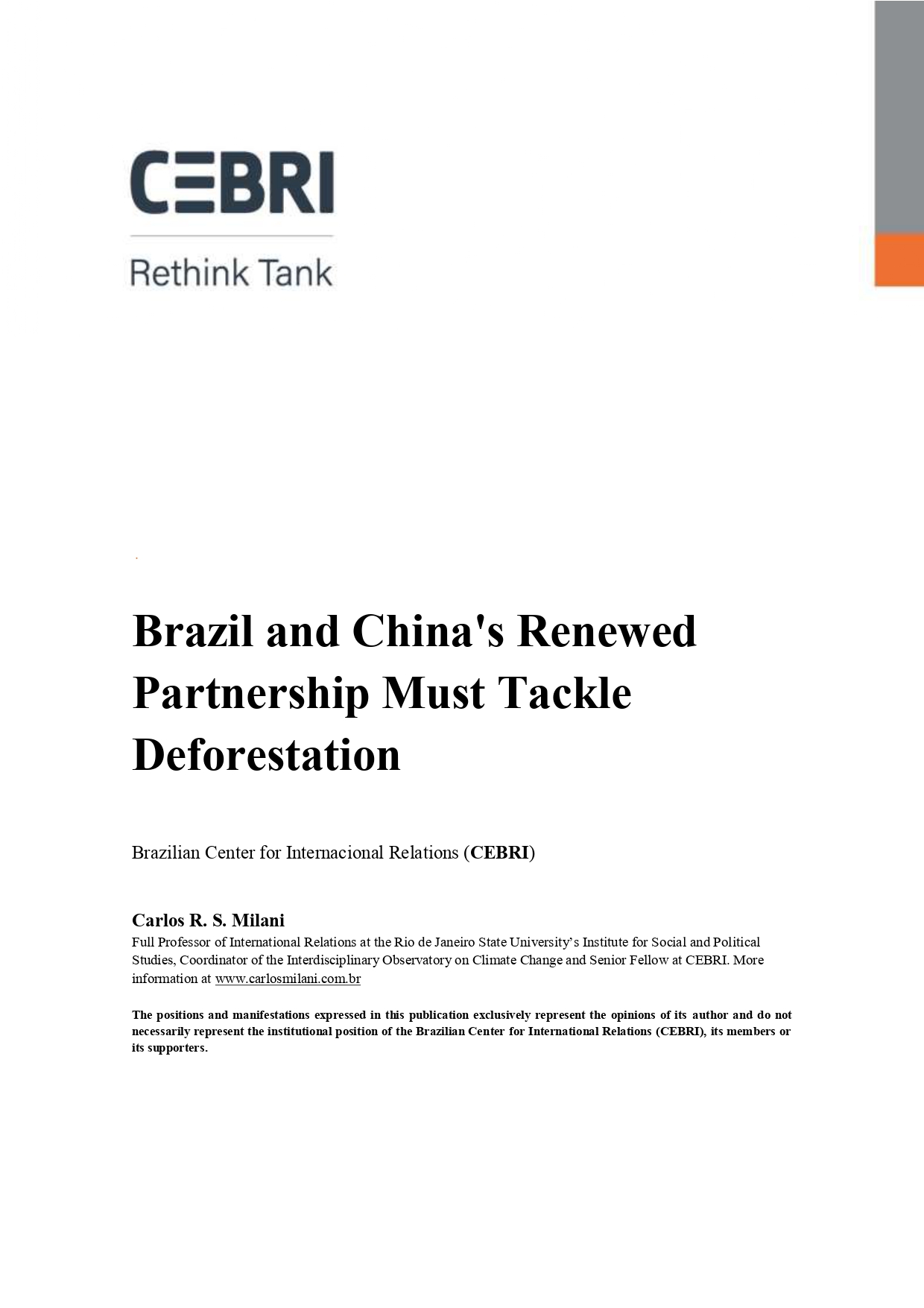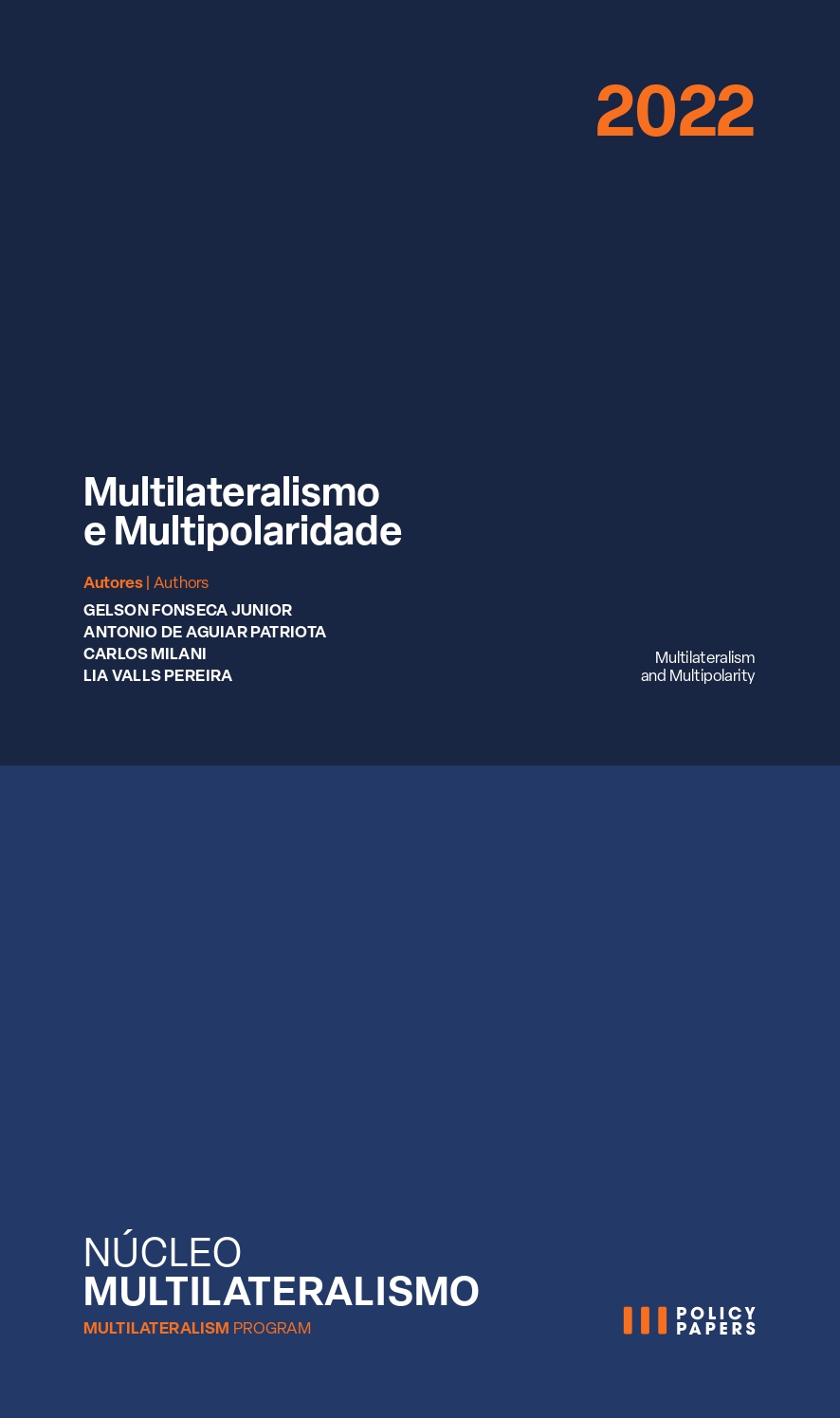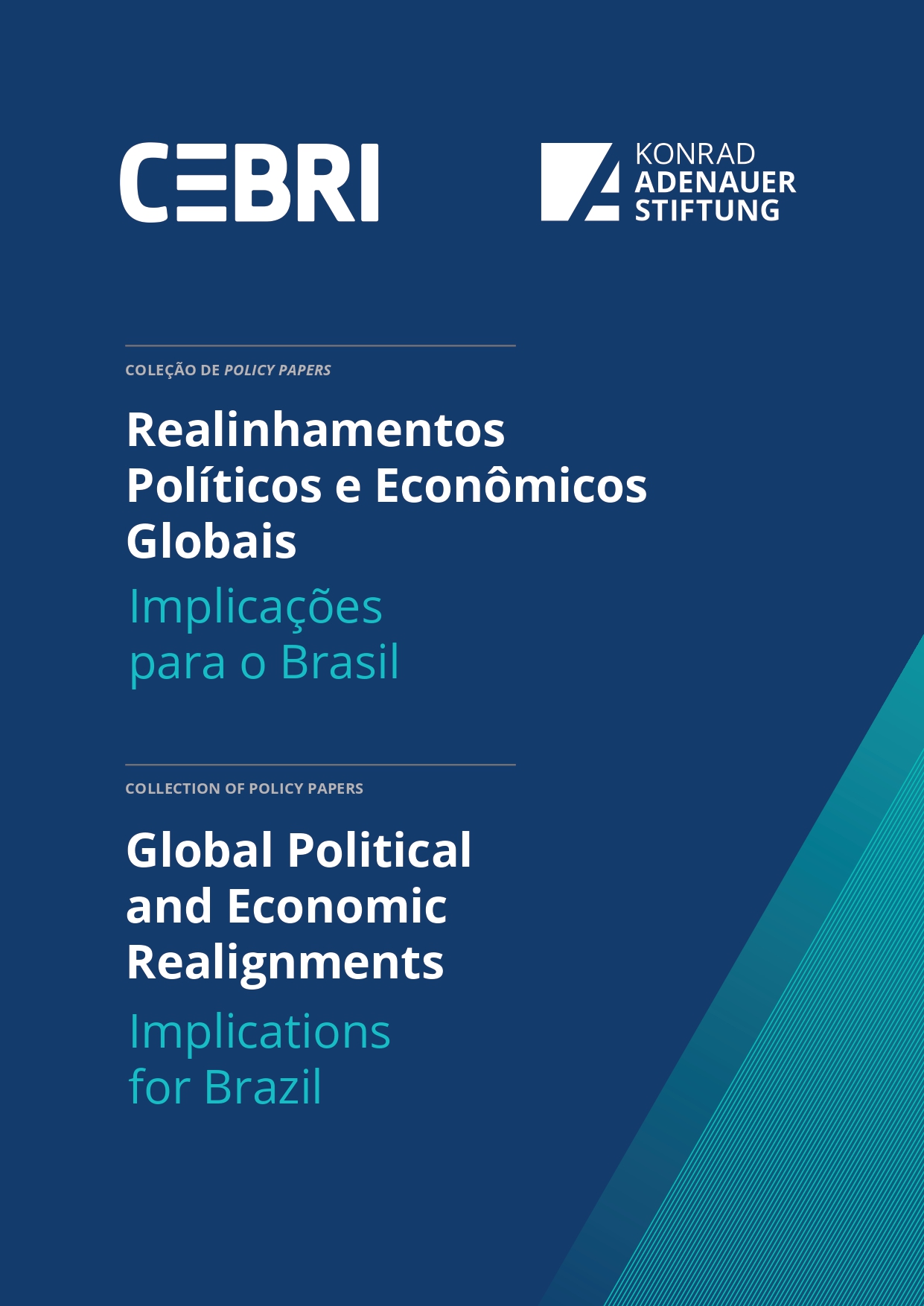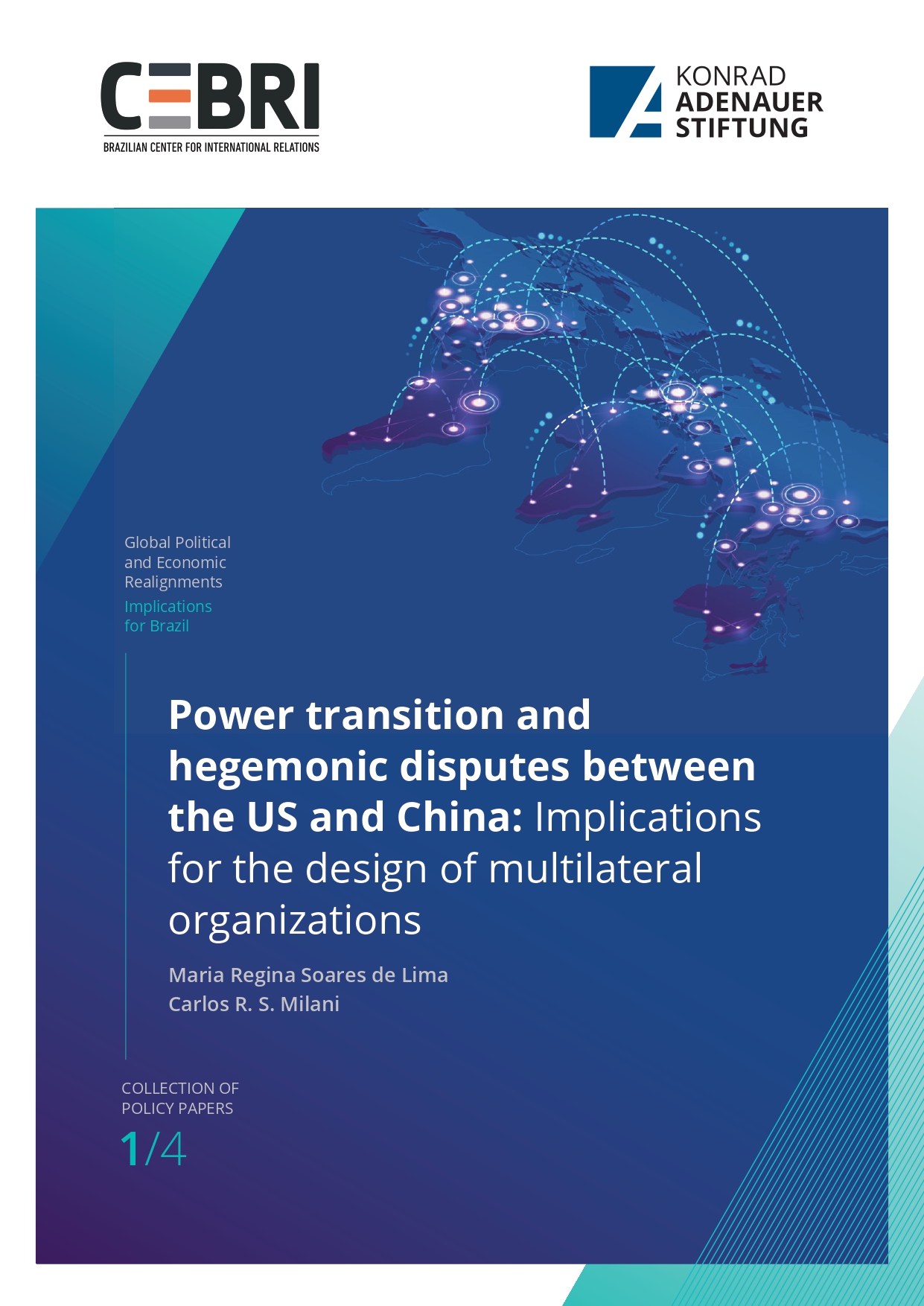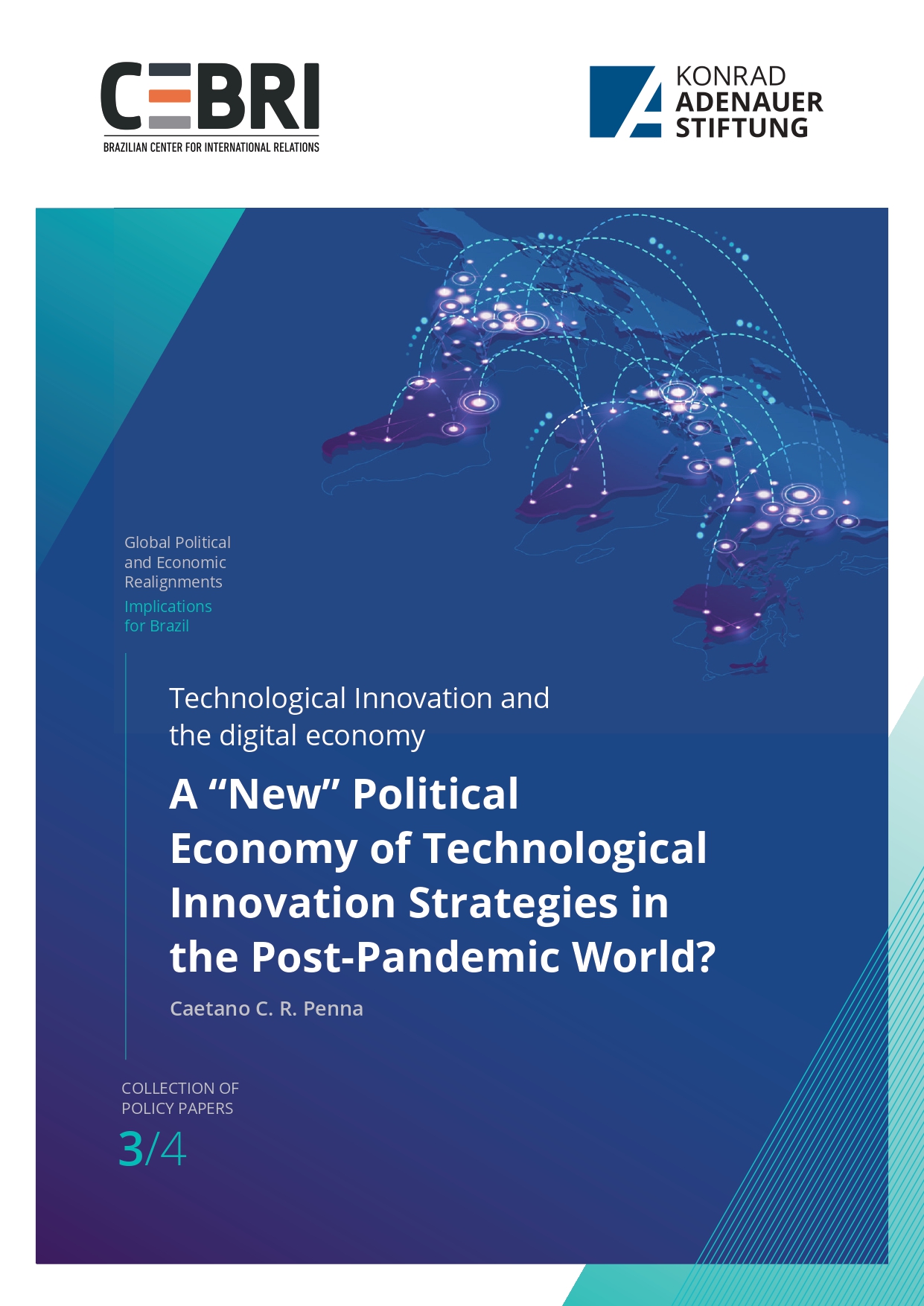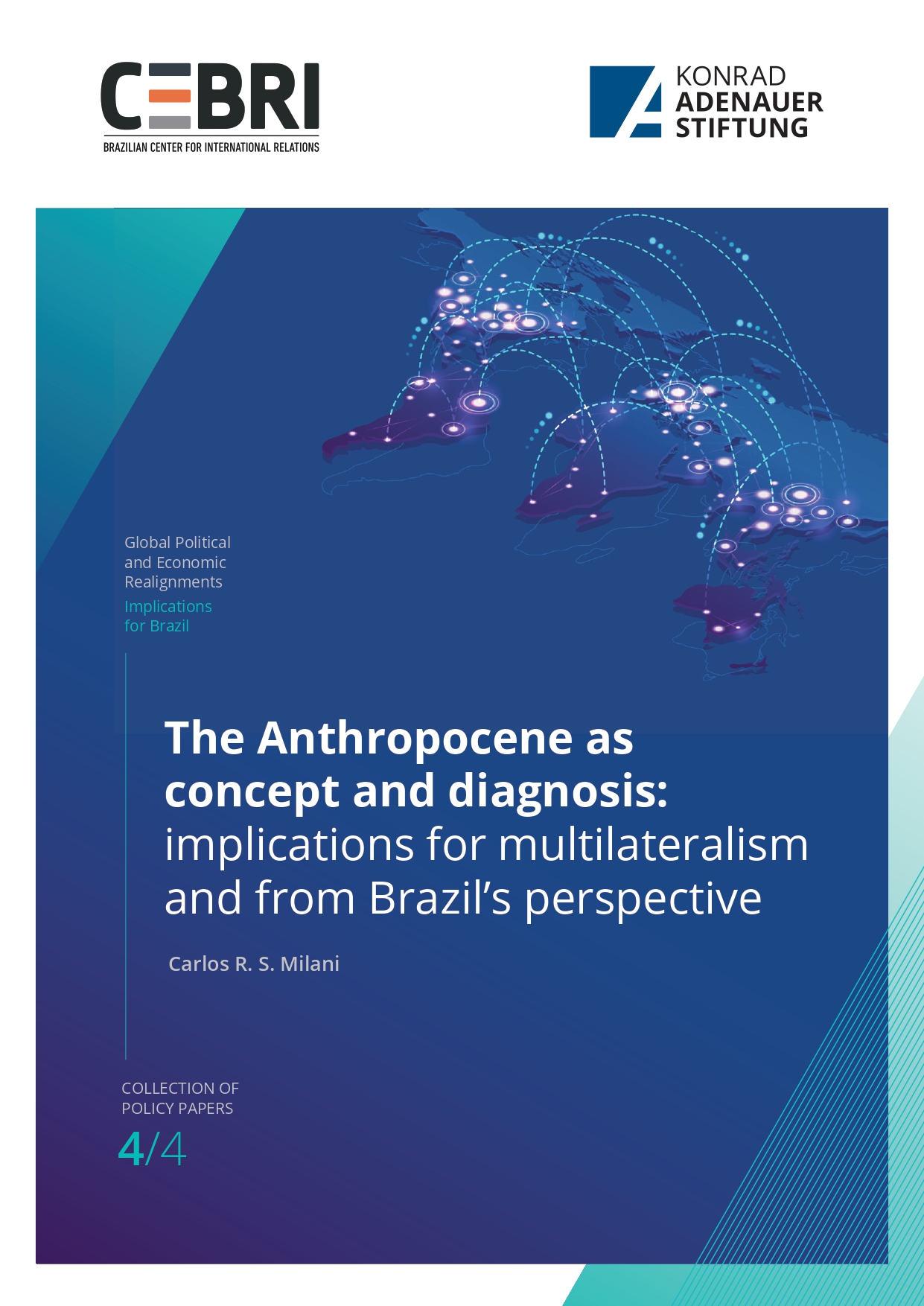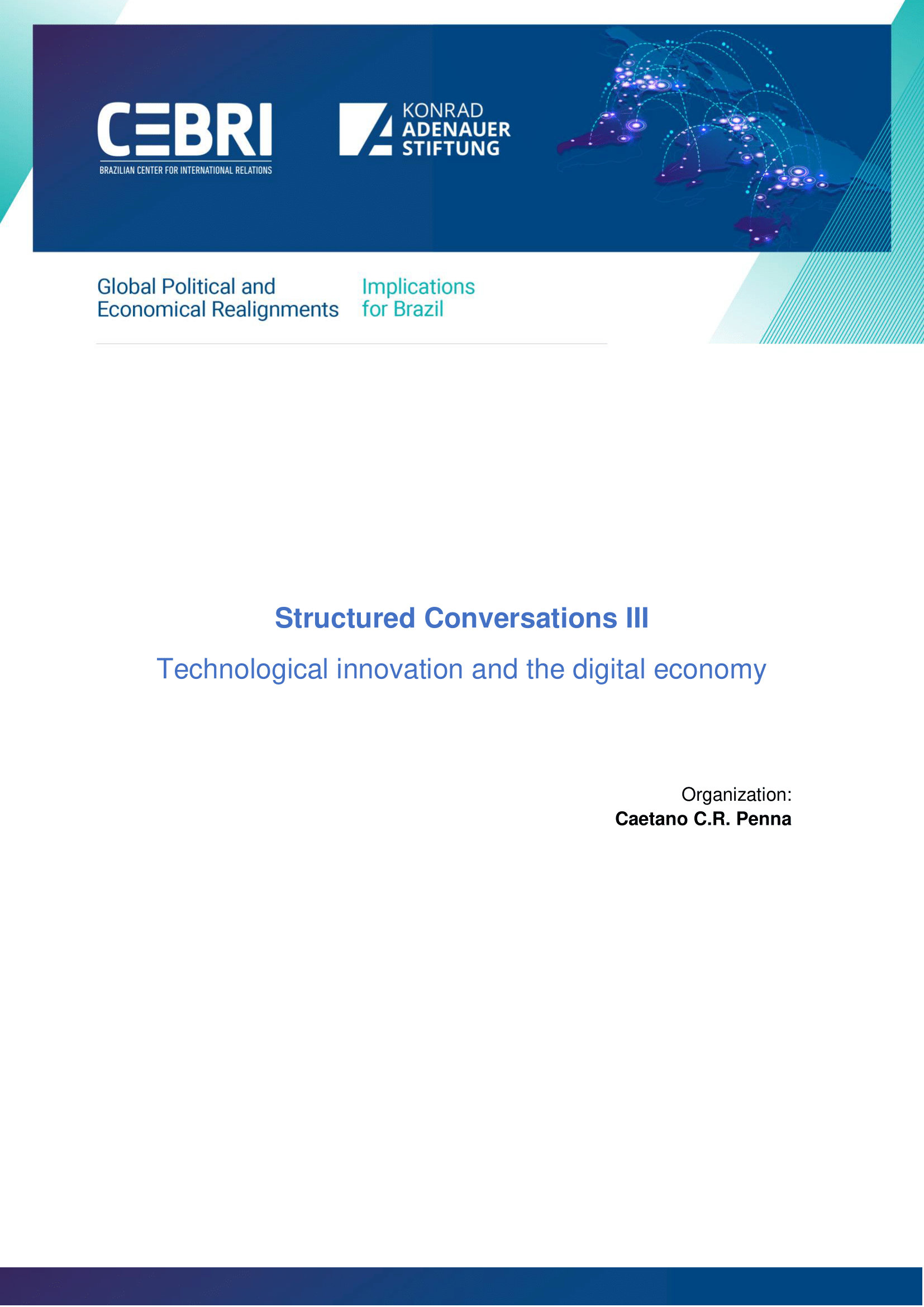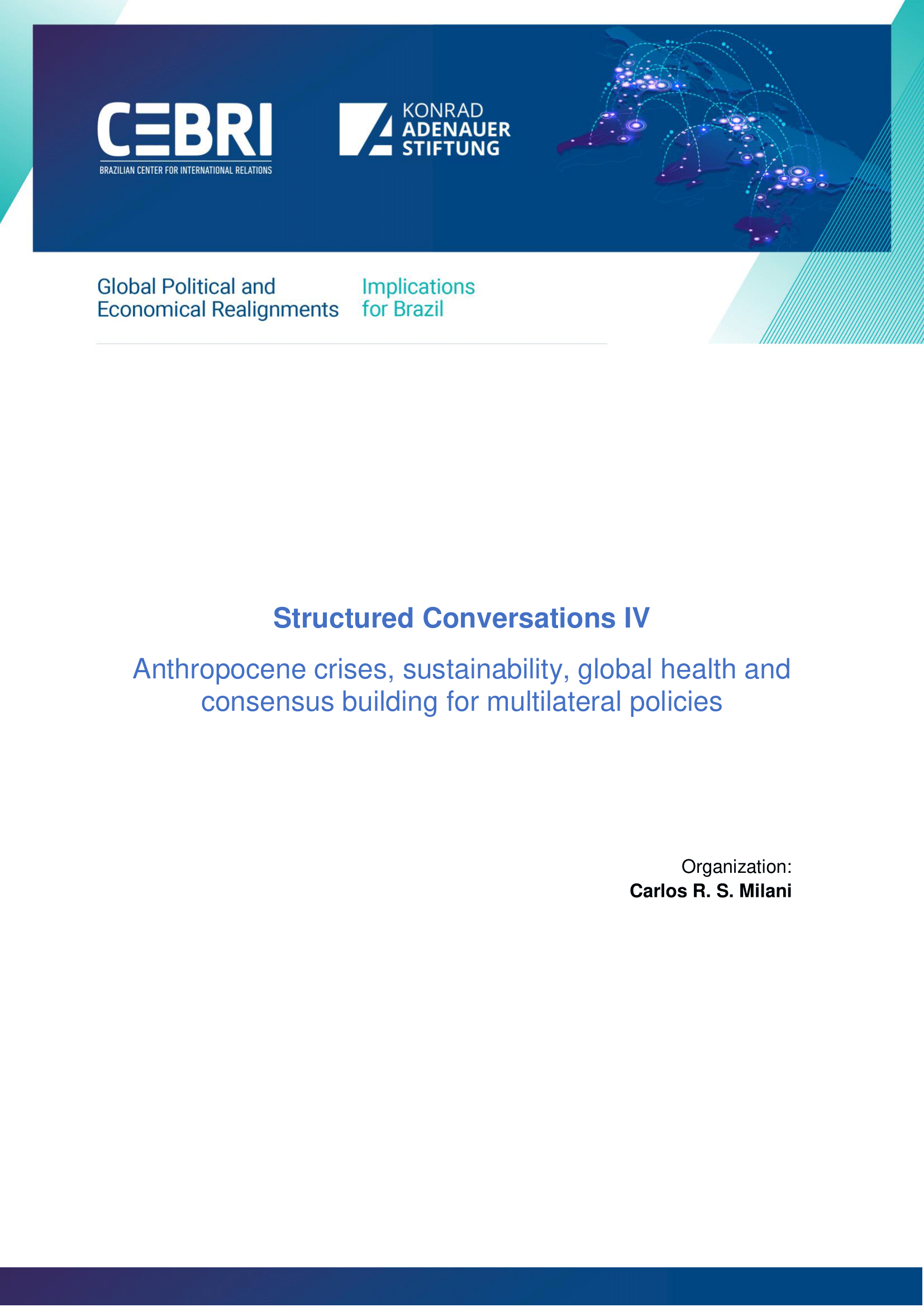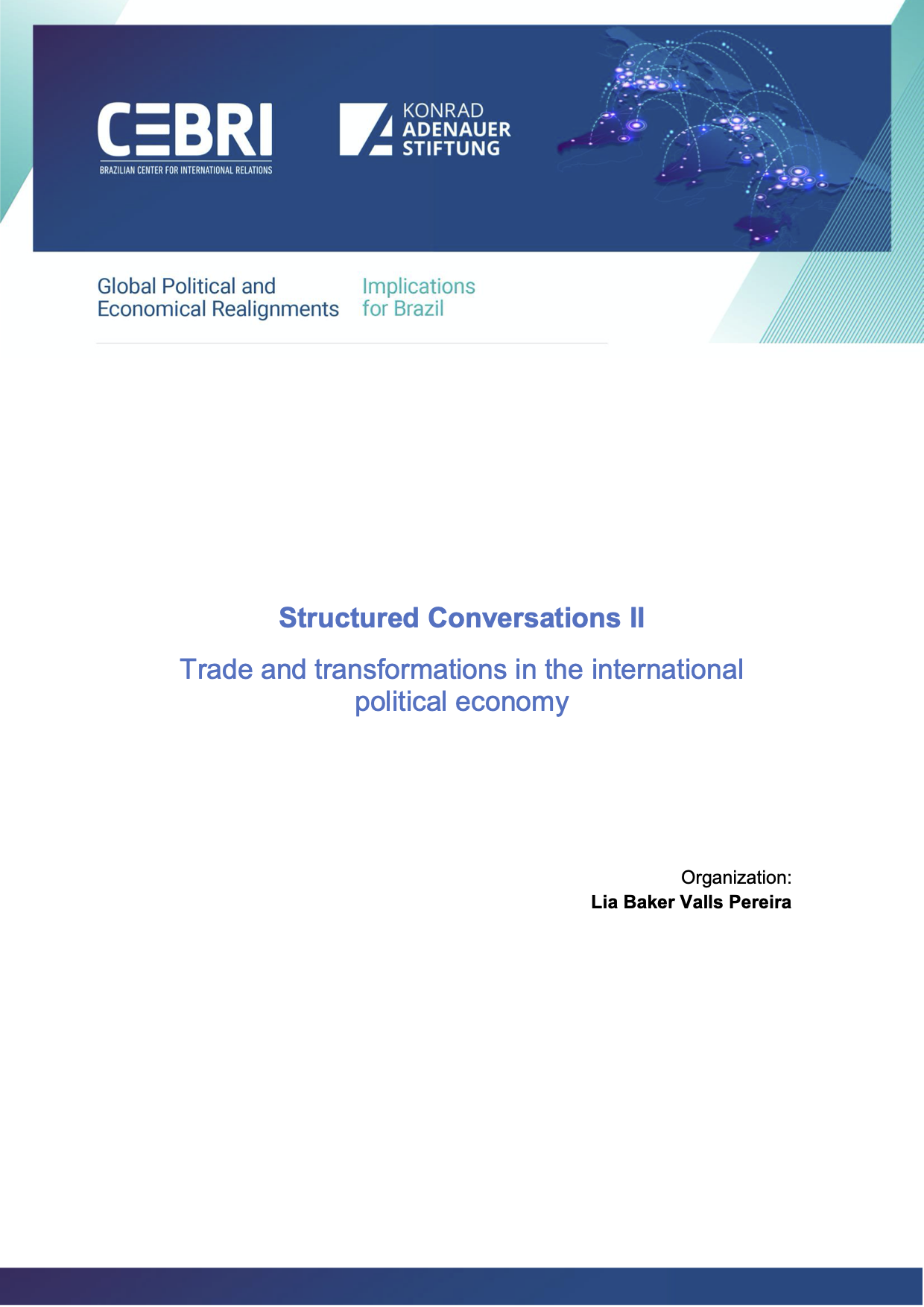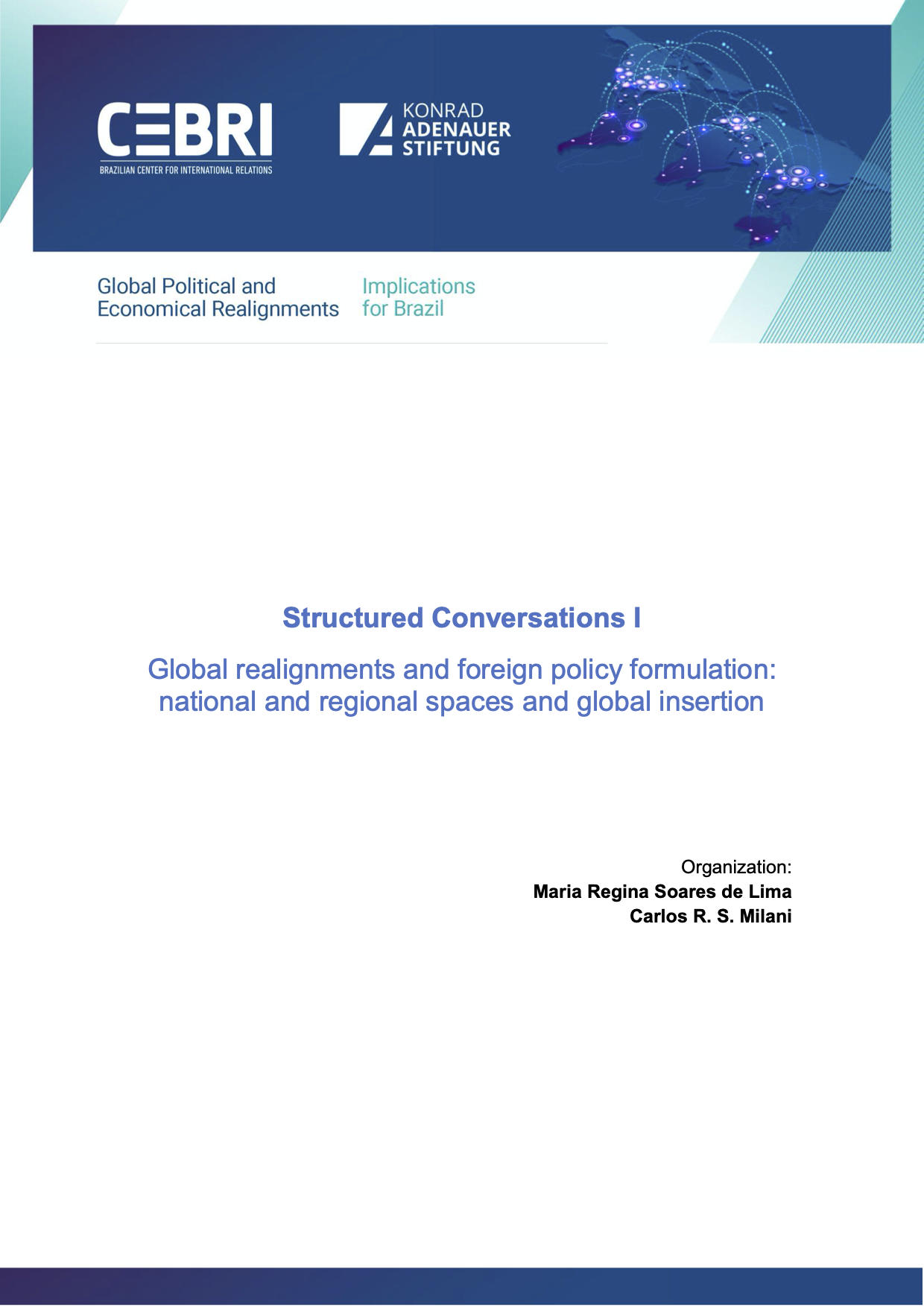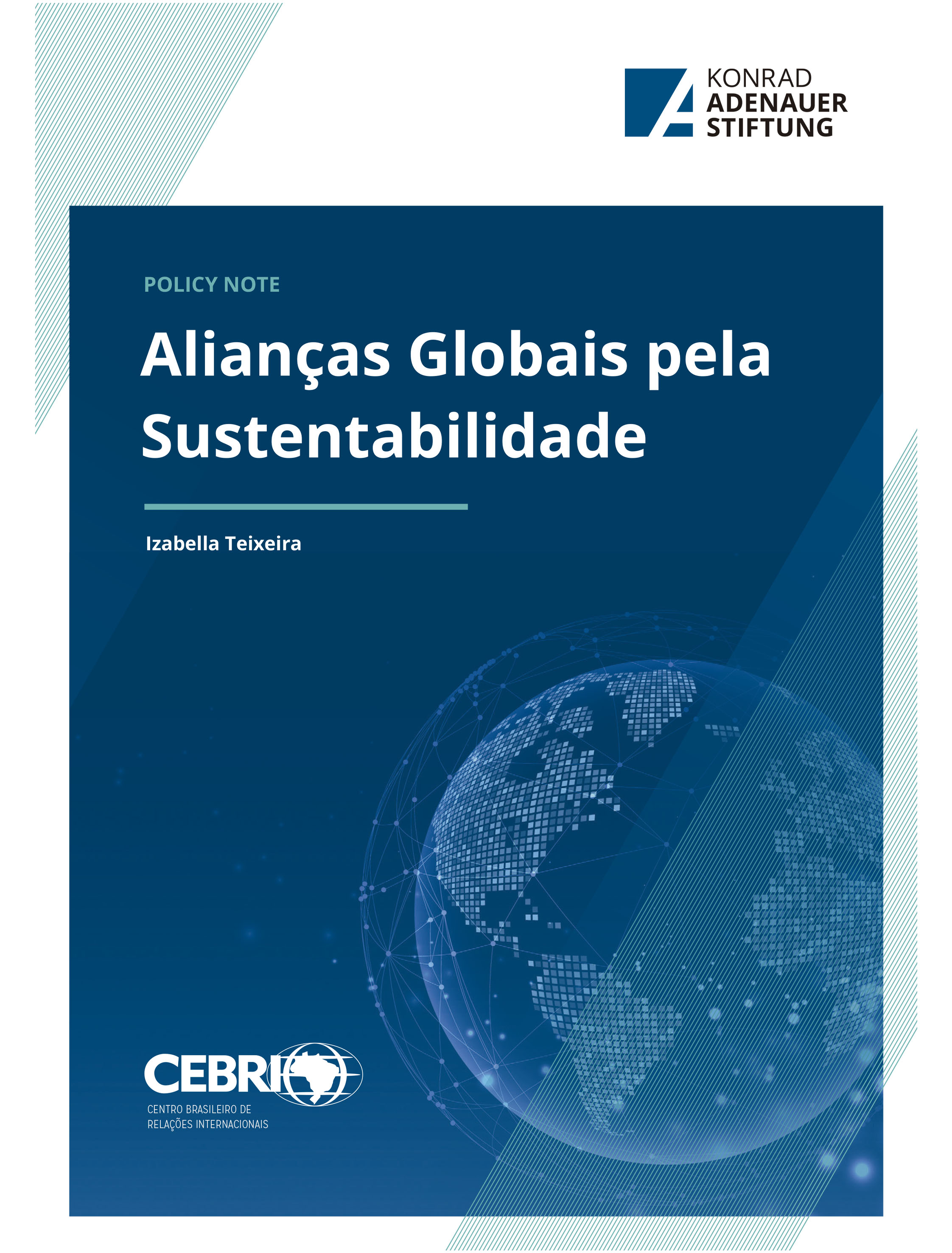This is the second of four policy papers of the project “Global Political and Economic Realignments: Implications for Brazil” by CEBRI, in partnership with KAS. The text aims to analyze the directions of the multilateral trade system based on changes in the international conjuncture, such as the election of a new government, committed to this system, in the United States; China's more assertive position on the importance of multilateral organizations; the European Union's commitment to the multilateral system associated with environmental and labor demands; the growing disintegration of Latin America; and the election of a new director for the World Trade Organization (WTO). The Policy Paper identifies the views of the world trade main actors on multilateralism within their trade policies, and analyses the directions of the multilateral trade system in a scenario marked by uncertainties. Finally, recommendations for Brazil's foreign trade policy are made.
This is the second of four policy papers of the project “Global Political and Economic Realignments: Implications for Brazil” by CEBRI, in partnership with KAS. The text aims to analyze the directions of the multilateral trade system based on changes in the international conjuncture, such as the election of a new government, committed to this system, in the United States; China's more assertive position on the importance of multilateral organizations; the European Union's commitment to the multilateral system associated with environmental and labor demands; the growing disintegration of Latin America; and the election of a new director for the World Trade Organization (WTO). The Policy Paper identifies the views of the world trade main actors on multilateralism within their trade policies, and analyses the directions of the multilateral trade system in a scenario marked by uncertainties. Finally, recommendations for Brazil's foreign trade policy are made.
